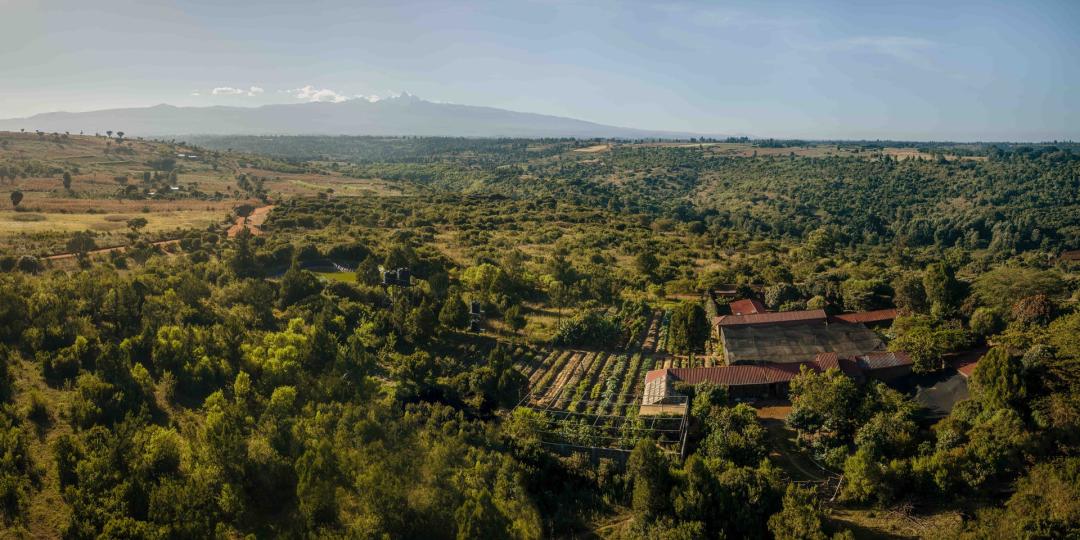Travellers wanting to visit Kenya can add agritourism and organic farming experiences to their list of experiences in the East African nation.
While Kenya is widely known for annual wildebeest migrations, the Maasai Mara and Amboseli National Park, this unique alternative offering was highlighted in a recent African Travel and Tourism Association (ATTA) hosted webinar.
One such opportunity for agritourism can be found in Olepangi Farm, a hotel and farm in Nanyuki. Owned and founded by Elizabeth Loker in 2014, the farm offers fruit, vegetable and flower gathering, milking cows, yoga, horse riding, polo lessons and more.
Olepangi also offers helicopter tours of Mount Kenya and multiple safari options, including exploring Samburu National Park and Ngare Ndare Forest. For guests wanting a detailed tour of the area, Mr Kariuki is a local experienced guide who offers extensive ‘social history’ tours for guests.
The farm is equipped with an outdoor dining room, library and swimming pool, as well as three one-bedroom cottages, a two-bedroom cottage, and a five-bedroom house. Children under the age of three stay free, while those up to the age of 12 stay from US$126 per person per night. Older guests pay from US$175 per person per night.
After landing at Nairobi’s Jomo Kenyatta International Airport, guests can either take a four-hour drive to the farm at US$200 per vehicle, or take one of two short daily flights with SafariLink Aviation, a local regional airline.
Succeeding in the agritourism space
George Chapman, who manages The Ololo Organic Farm Experience By Ololo Lodge, also spoke during the ATTA-hosted webinar about how prospective agritourism businesses could best succeed in the industry.
“Agritourism is the combination of farm, food and experiences,” explained Chapman. “I think people are definitely losing their connection with food and where it comes from – and how it’s grown.”
His own farm is located on the southern border of Nairobi National Park and Chapman spoke from experience when describing the three pillars of making the most of the agritourism space:
- Community: how can you take advantage of your community’s location and resources?
- Demand: what do travellers want in agritourism activities in your region?
- Operation: what personal and family business attributes, crops, livestock, and market channels can you take advantage of?
“People don’t buy what you do; they buy why you do it,” Chapman added, stressing that having a passion for nature and agriculture would help drive an enthusiasm for the agritourism industry.
Ololo Safari Lodge and Farm offers daily organic farm tours for in-house guests and day visitors, and features an in-house restaurant that is supplied with fresh products from their vegetable gardens, mushroom house and farm orchard.
























